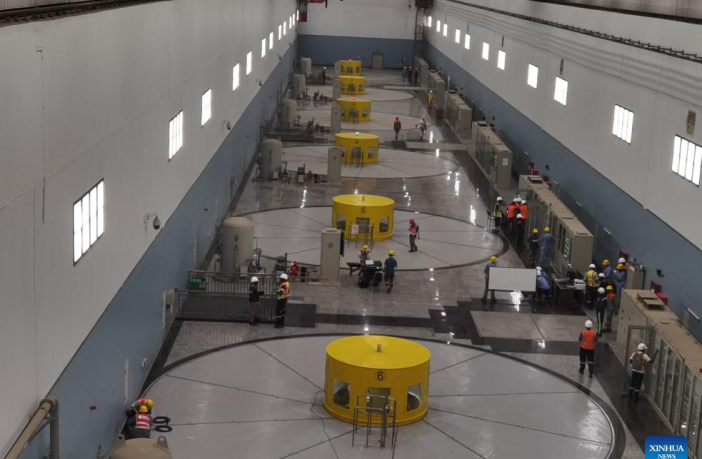Generation

The role of host states in shaping outcomes of Chinese supported power generation projects in Africa

Chinese companies have installed over 25 GW of generation capacity in Africa, constituting more than 15 percent of sub-Saharan Africa’s total installed capacity. Despite this significant contribution, the outcomes of these power generation projects in terms of cost, timeliness, and quality have varied considerably.
A new working paper by Naa Adjekai Adjei examines how African host states influence the outcomes of Chinese-supported hydropower plants, specifically analyzing projects financed by the Export-Import Bank of China and constructed by Sinohydro in Ghana and Uganda.
The research finds that despite involving the same Chinese actors, the outcomes differed significantly between the two countries. Ghana experienced more positive results, with projects largely completed on time, at a competitive cost, and to an acceptable quality. In contrast, Uganda's projects faced delays, higher costs, and multiple defaults.
The study draws lessons from the Bui Hydropower Plant in Ghana and the Karuma Hydropower Plant in Uganda to provide policy recommendations for African governments.
Policy Recommendations:
- Enhance Negotiation Capacity: Governments should equip officials with specialized negotiation skills and a deep understanding of how state-backed Chinese agreements are structured to maximize host state agency.
- Improve Project Management and Monitoring: Establish a rigorous framework to oversee project progress from start to finish, including regular site inspections and audits.
- Leverage Expert Consultants: Engage skilled owner’s engineers with proven experience to provide technical guidance and oversight, especially when in-house expertise is limited.
The paper concludes that African host states are not passive recipients of Chinese investment but play a critical role in determining project success. By building capacity and proactively managing projects, governments can ensure investments align with national interests and deliver positive outcomes for both the host country and the investors.












